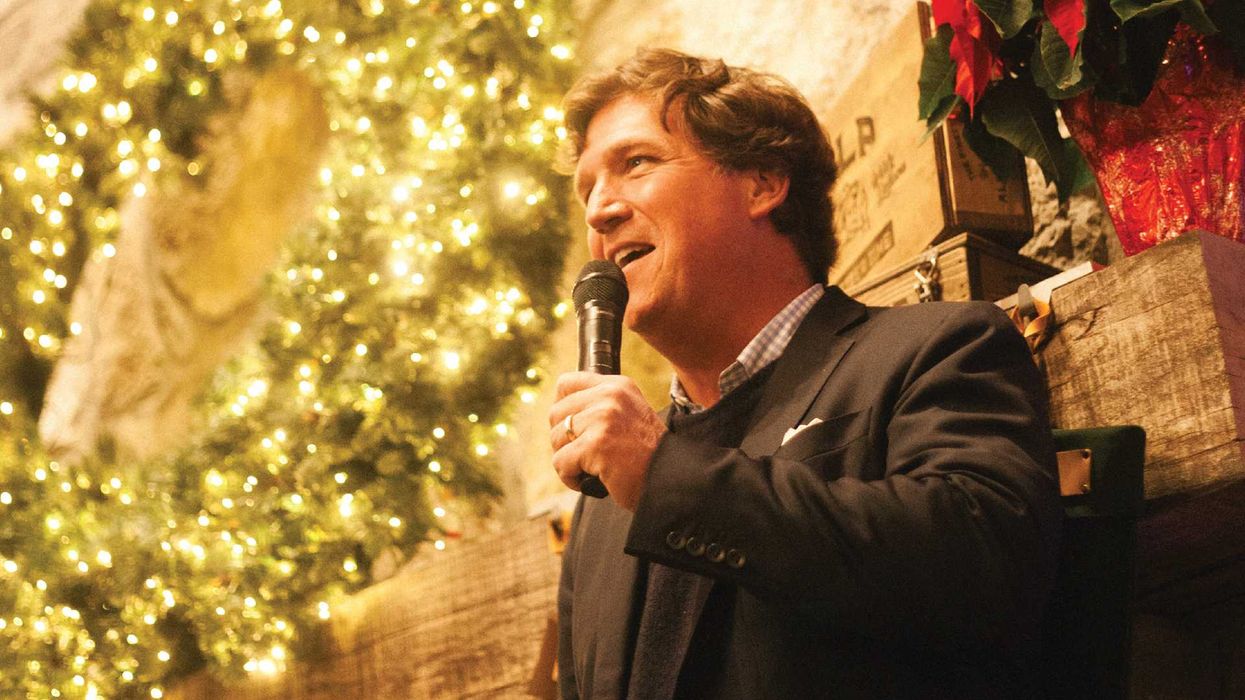
Mike Lerner

Tucker Carlson insists, without apology, that a nation, like a household, must put its own in order first.
In the pages of Frontier, we concern ourselves with the things worth saving: family, craftsmanship, and the hard labor of building and rebuilding communities. Tucker Carlson’s voice, controversial though it is, strikes in harmony with that theme. He insists, without apology, that a nation, like a household, must put its own in order first.
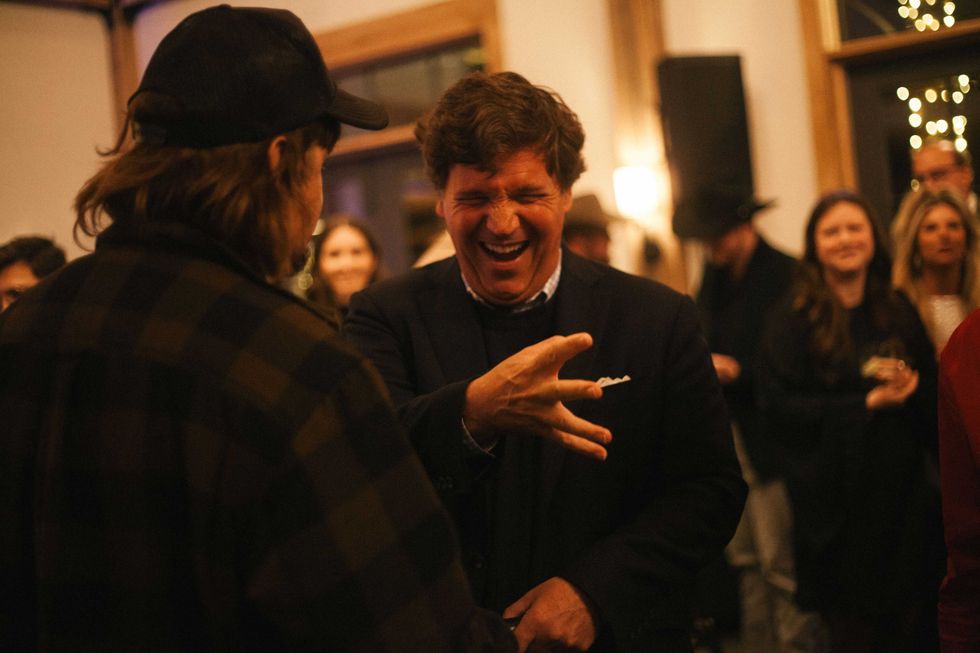
It has often been said that in times of disorder, the public tends to gravitate toward the figure who seems most imperturbably sure of himself. You don’t have to agree with Carlson on every count; in fact, the man practically insists you don’t. He has carved out a place in the modern conservative ethos, not by echoing what donors, consultants, or careerists wanted to hear, but by pressing directly into the questions that polite company has long declared closed.
Carlson is the opposite of mere echo chamber artists who read their talking points with the same dreary cadence. He has been, for better or worse, a man of recognizable curiosity. Unlike many of his colleagues, Carlson has not contented himself with the clichéd reassurance that all is well so long as markets are free and the Pentagon is fat. A contradiction in plain sight, he carries the trappings of prep school America—a quick tongue, a full head of hair, L.L. Bean aesthetics—yet he speaks most directly to men and women who have no use for the trappings of Georgetown. A man born into comfort defending the priorities and prerogatives of ordinary people is a rare commodity. In that paradox lies his power. This dissonance, instead of marginalizing him, renders him more compelling. The son of privilege, willing to risk exile from polite society on behalf of the disdained majority, acquires a credibility that stubbornly transcends his controversy.
With him, the movement has been forced to rediscover its backbone.
For decades, conservatism in this country ran on autopilot. Markets were holy, trade was destiny, war was patriotic. Families were frayed, small towns were emptied, sons and daughters were shipped overseas to wars with no victory in sight—but the movement clapped politely for the same old slogans. Carlson was one of the first in his camp to break from that script. He has said aloud what millions sensed: that the prosperity charts did not match the lived reality of hollowed-out main streets, that the bipartisan addiction to foreign wars has little to do with national defense, that a nation unable or unwilling to police its own borders is not much of a nation at all.
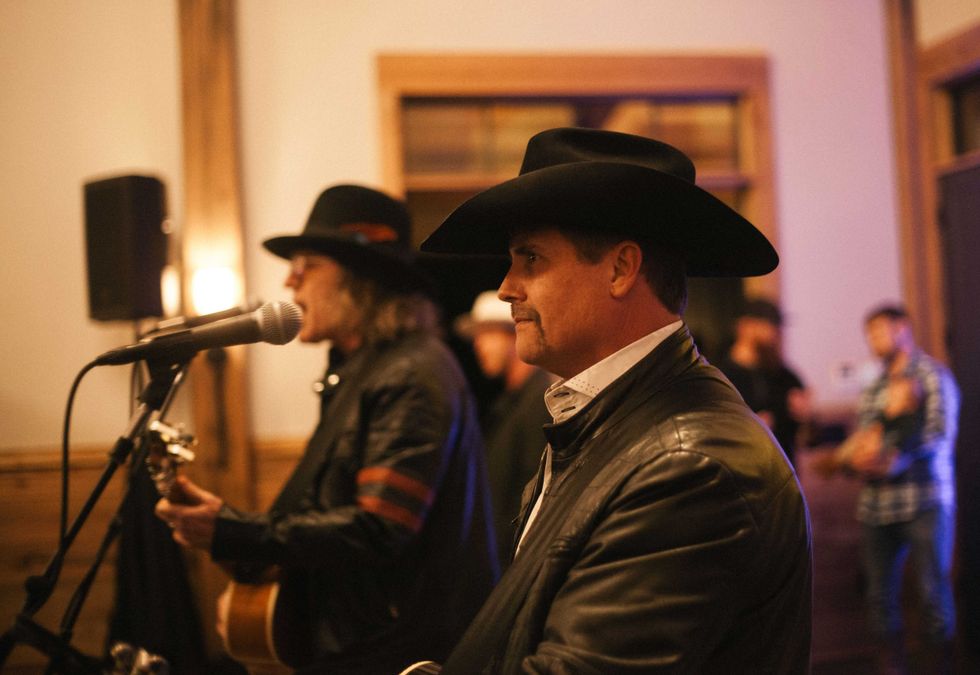
Carlson has been clear in his admiration for Israel’s seriousness about borders, sovereignty, and the protection of its citizens. He points to it not as a client to which America must sacrifice endlessly, but as an example of what a nation looks like when it refuses to apologize for existing. This, to the ears of the bipartisan foreign policy establishment, is apostasy. To ordinary Americans, it sounds like sanity. One may agree or disagree, but one cannot fail to notice the intellectual consistency: the United States, he insists, ought to treat its own survival with at least as much vigilance.
It is fashionable to dismiss him as a demagogue. But if he is a demagogue, then he is one who insists that family formation is a higher good than quarterly profit, that a border is not a shameful relic but a necessary wall of the house, and that foreign adventurism is a racket in which ordinary Americans pay with blood and treasure while others collect the dividends.
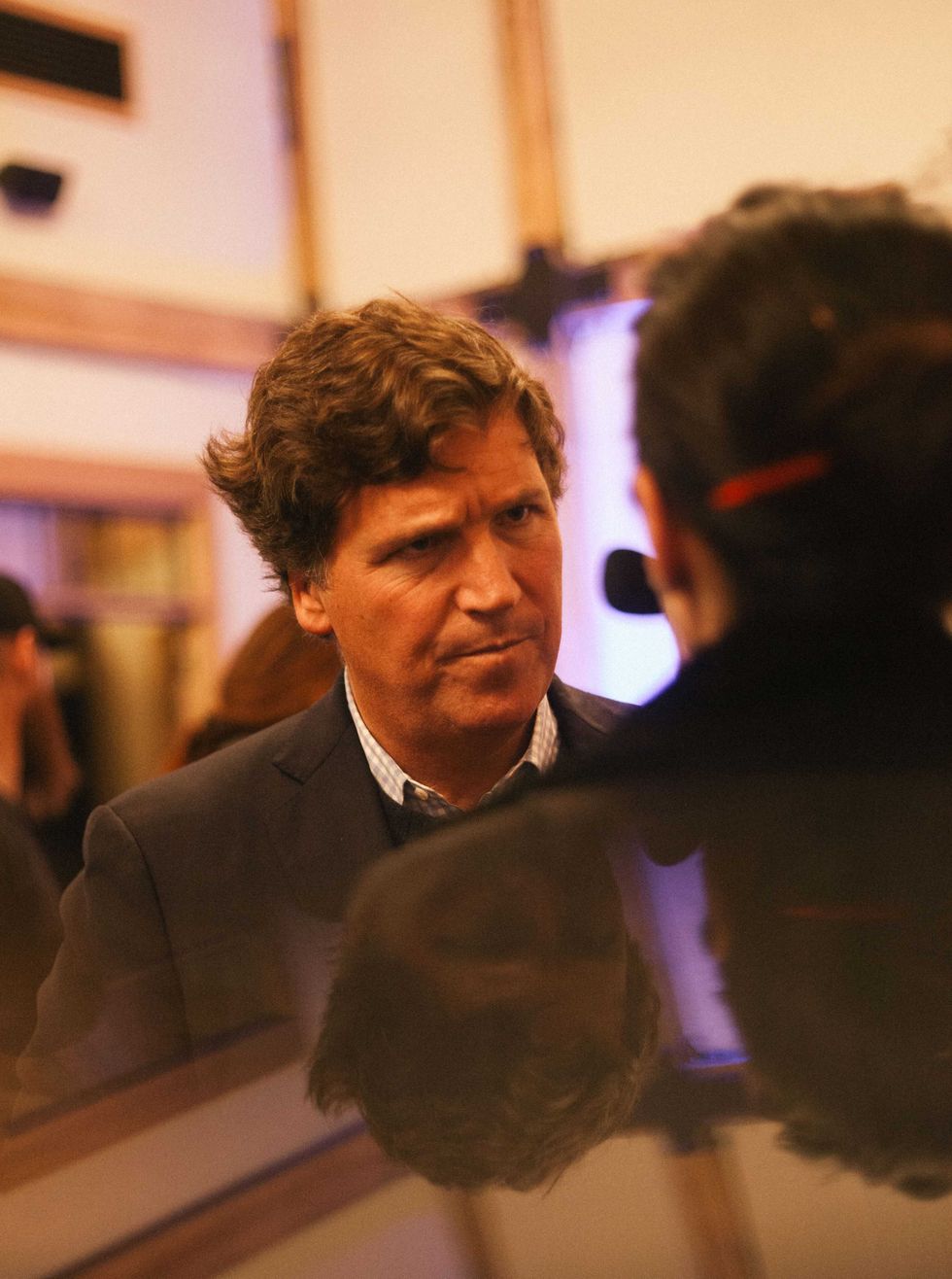
In this, he touches on something older than our news cycle—the idea that a people owes its first loyalty to its own households, its own land, its own future. Conservatism worth the name has always been about conserving these things first. Carlson’s insistence on this, sometimes blunt and sometimes wry, returns the conversation to bedrock.
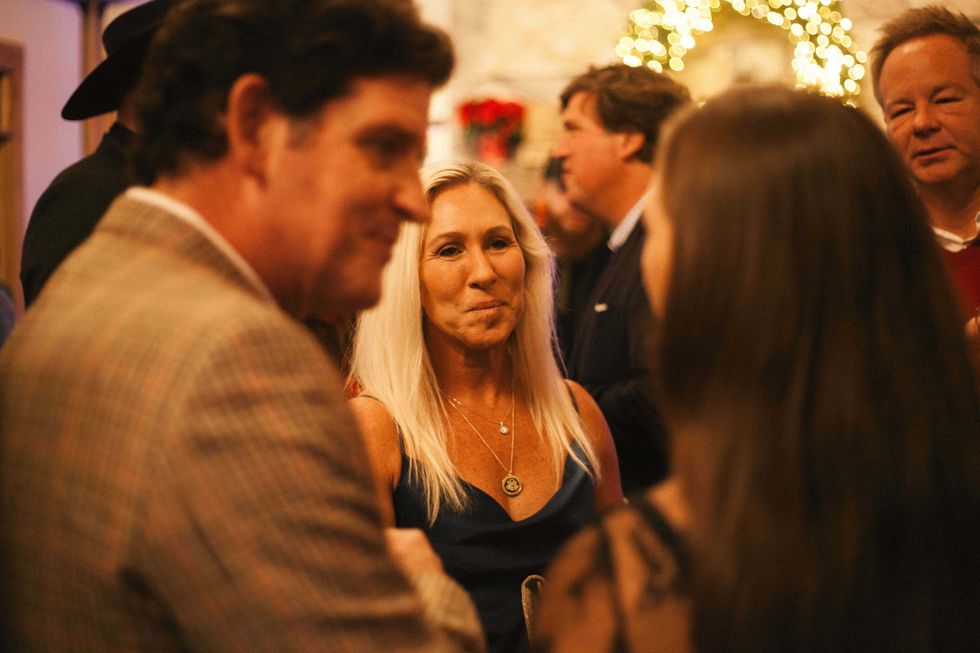
Of course, he enjoys the fight. He is not above the smirk or the provocation. He seems to relish the gasps of horror from the credentialed classes who once counted him among their own. He plays the role of the insider-turned-whistleblower: the man who knows every room of the house and now sets about airing its dirty laundry. Viewers sense in him not just agreement but courage, and courage is the rarest currency in public life.

What is a nation for? Whose interests should it defend? Can it survive without strong families, without borders, without loyalty? These are not policy white papers but elemental questions. By pressing them, Carlson has made conservatism less about preserving talking points and more about preserving a way of life.
None of this is to say he is flawless. He can be conspiratorial. He can caricature. But politics is not a sermon—it is a contest, noisy and human. Carlson’s flaws, such as they are, make him legible. They remind his audience that he is not a creature of focus groups but a man willing to err in public rather than whisper safe platitudes in private.
Without him conservatism would risk slipping back into its comfortable rut: a junior partner in the bipartisan consensus of globalization, cheap labor, and foreign entanglement. With him, the movement has been forced to rediscover its backbone. He has reminded us that loyalty, sovereignty, and the defense of one’s own are not dirty words but the very foundation of politics.